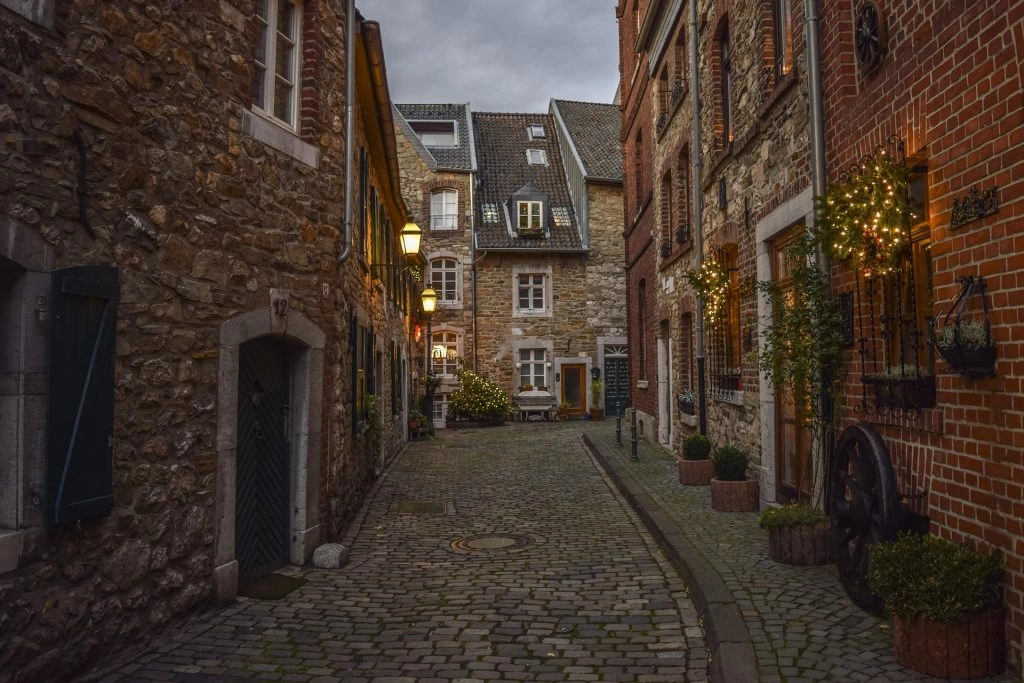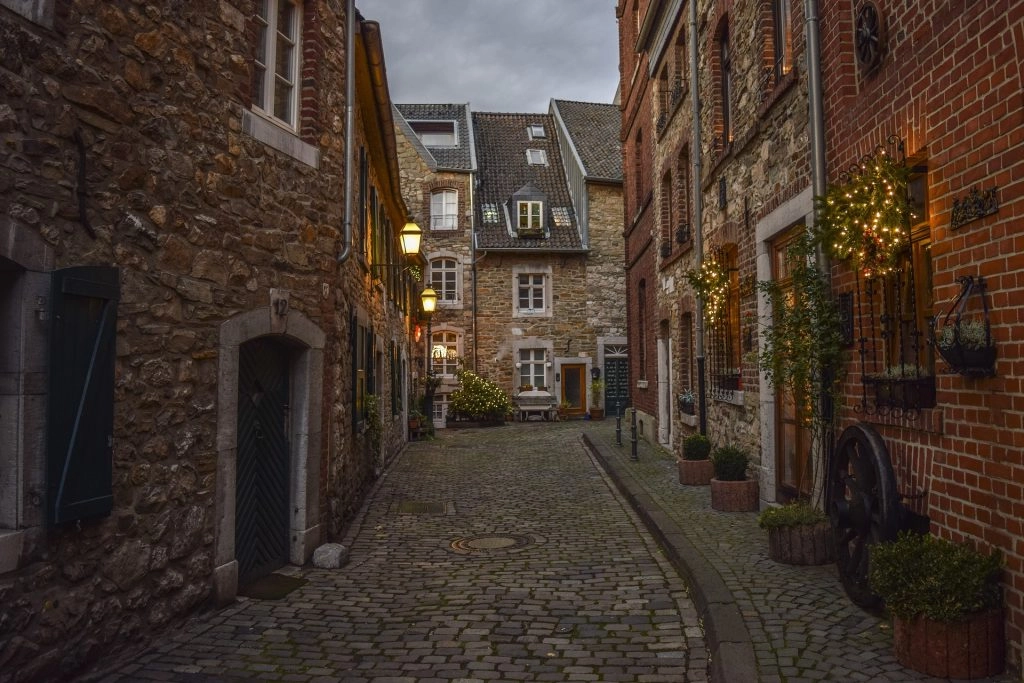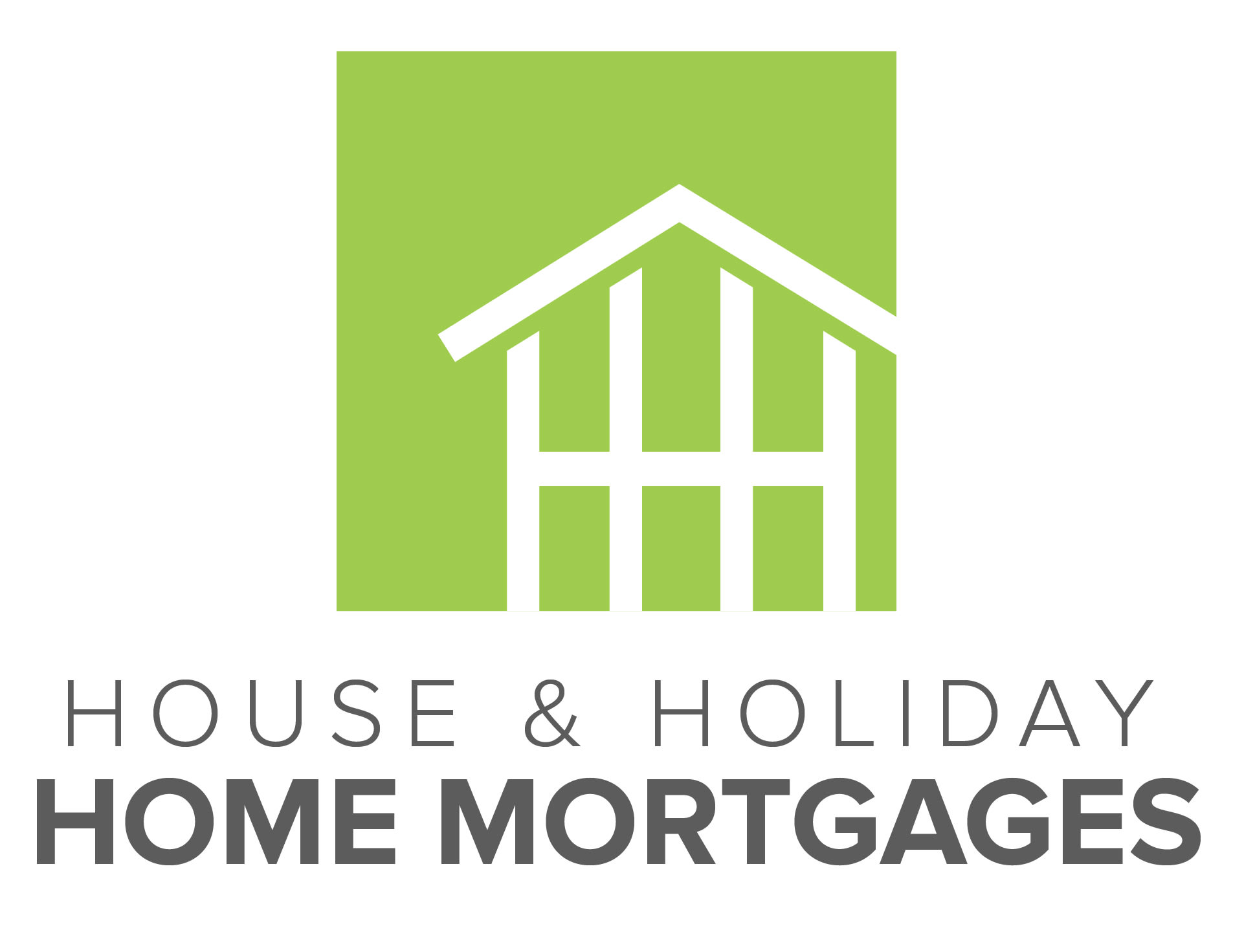How Much Does a Holiday Let Mortgage Cost?

FREE EBOOK: YOUR HOLIDAY LET MORTGAGE GUIDE
ARE HOLIDAY LET MORTGAGES MORE EXPENSIVE?
So, you want to buy a holiday let?
Great idea.
Buying a holiday rental in the UK is a wonderful investment – and most people like to stay there occasionally, too.
But first, you’ve got to think about how much it’s going to cost.
There’s a lot to consider.
For one thing, there’s the mortgage. If you’re not a cash buyer, this is a big consideration. Holiday let mortgages are often more expensive than a residential mortgage.
That’s because you’ll need a specialist mortgage if you’re looking to rent out your property for short-term periods to visitors or holidaymakers. This is called, unsurprisingly, as a holiday let mortgage.
It’s completely different from a buy-to-let mortgage, so make sure you’re on the right track. The big difference is that you’ll be renting it out on a short-term basis. If you want to know more about these two very specific mortgages, have a look at this article on holiday let vs buy-to-let mortgages.
A holiday let is a business, so it should make an income. And when you’re looking to apply for a mortgage, the potential rental income on the property is the main driver behind the mortgage.
In other words, the rent should cover the mortgage—and then some! You can find out what the potential income is by asking us, or any managing agents in the area you’re looking to buy your property.
Remember, because holiday lets in the UK can have seasonal incomes, your mortgage provider will see your mortgage as fairly high risk.
You can, however, do your own risk-benefit analysis.
To start with, research as much as you can about holiday lets, locations, and holiday let mortgages before and after you consult a mortgage advisor.
And it’s worth bearing in mind that you might pay higher interest rates for a holiday let than for a residential mortgage.
HOW MUCH INCOME DO I NEED TO GET A HOLIDAY LET MORTGAGE?
When you’re looking at how much a holiday let mortgage costs, you and your lender will want to be sure you can cover your monthly payments.
To work this out, your lender needs to get an overview of your finances. This will include not just your income, but also any debts, mortgages, and loans you already have.
That means you’ll need to show you’re able to make the payments during the low seasons or times when the property is vacant. For that, you’ll typically need a minimum income of at least £20,000. Although there are some lenders that have no minimum income requirements, so don’t despair – seek advice that’s personal to your circumstances.
And yet, as we’ve said, the income potential of the property you’re hoping to buy takes centre stage.
Many people dream of retiring to their holiday let property later. To do that, you’ll want to be quite sure the rental income pays off the mortgage before you move in. This might add to your costs because some people buy a holiday let property to sell on rather that as somewhere they’d like to make their home one day.
HOW MUCH DEPOSIT DO YOU NEED FOR A HOLIDAY LET MORTGAGE?
A holiday let business can make good income.
But it’s also a business with some risk built in.
Many things can affect whether you let it out for long enough to cover the mortgage payments.
On top of that, there’ll be more wear and tear on the property over time. With lots of visitors relaxing and enjoying their time in the property, it’s inevitable!
This means that a lender will need a slightly higher deposit than for a residential property.
Another cost to factor in is that you’ll need a deposit of at least 20%. And as with any mortgage, typically the bigger the deposit the lower the mortgage payments.
HOW MUCH CAN YOU BORROW ON A HOLIDAY LET?
It’s true that some people can borrow as much as £5 million on a holiday let… but the reality, for most of us, is that it’s much less.
Realistically, most lenders have a maximum loan of between £750K — £1M.
Restrictions on how often your property needs to be available for letting – typically 210 days of the year – means you’ll have to think about how you can advertise and manage your property as a business. As with any business, there are running costs.
And it’s worth making sure you understand how often you can stay in your property before applying for your holiday let mortgage. Don’t forget, your costs will include running your own home alongside the holiday let.
HOW EASY IS IT TO GET A HOLIDAY LET MORTGAGE?
Remember a holiday let mortgage is a niche financial product and this means you’ll have to shop around for the right deal for you. Find a mortgage advisor with in-depth knowledge of this little corner of the market.
And before you take the plunge and make an offer on a gorgeous little cottage on a remote island off the coast of northern Scotland, check with your mortgage advisor.
Lenders will be looking to lend on properties in places that are both popular and accessible.
Factoring in the cost of checking out the local area as part of your initial expenditure. You might have to travel the country to find the perfect place and price of property. That’s the fun bit. But it’s worth your while finding out everything you can before you take the plunge and buy holiday let property.
Another thing to bear in mind is that some areas are so popular that local councils have begun putting tight restrictions on buying holiday lets.
Speaking to a local letting agent about any rules or restrictions is a time investment you won’t regret.
Besides, you’ll find that all your careful research might just save you some money. New areas become popular with tourists for different reasons all the time. Buying into somewhere with a potential for growth, is a great opportunity.
Once again, investing your time into the discovery phase is going to save you in the long run. Become knowledgeable about holiday let mortgages, geographical locations, and your own eligibility before starting your holiday let property journey.
When you find a mortgage advisor who understands this specialist market, you’ll be able to ask any questions you have left.
In summary, keeping your costs to a minimum requires careful planning. Explore the market from all sides including the cost of property and the cost of a mortgage.
Talk to experts in the field. Keep good notes…
And above all, enjoy the journey.
You can phone us here at House and Holiday Home Mortgages any time for an informal chat. We’re happy to answer any of your questions…
And if you’d like to know about getting a holiday mortgage, subscribe to our newsletter and get a free copy of our extensive Holiday Let Mortgage Guide.


